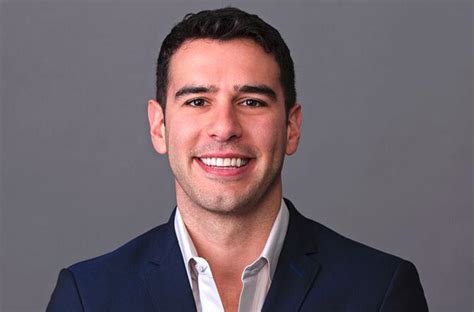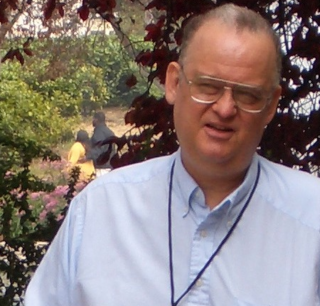A Quote by Stephan Kinsella
We must recognize that only scarce resources are ownable; second, that the body is a type of scarce resource; third, that the mode of acquiring title to external objects is different from the basis of ownership of one's own body.
Related Quotes
The basis of self-ownership is the fact that each person has direct control over the scarce resource of his body and therefore has a better claim to it than any third party (and any third party seeking to dispute my self-ownership must presuppose the principle of self-ownership in the first place since he is acting as a self-owner).
The libertarian view is that human actors are self-owners and these self-owners are capable of appropriating unowned scarce resources by Lockean homesteading ? some type of first use or embordering activity. Obviously, an actor must already own his body if he is to be a homesteader; self-ownership is not acquired by homesteading but rather is presupposed in any act or defense of homesteading.
Money is only important in a society when certain resources for survival must be rationed and the people accept money as an exchange medium for the scarce resources. Money is a social convention, an agreement if you will. It is neither a natural resource nor does it represent one. It is not necessary for survival unless we have been conditioned to accept it as such.
There's one uneasy borderline between what is external and what is internal, and this borderline is defined exactly by the sense organs and the skin and the introduction of external things within my own body. Consciousness is altered by physical events and physical objects, which impinge upon my sense organs, or which I introduce into my body. Now the name traditionally given to external objects or processes which change you internally is sacrament. Sacraments are the visible and tangible techniques for bringing you close to your own divinity.
Our supplies of natural resources are not finite in any economic sense. Nor does past experience give reason to expect natural resources to become more scarce. Rather, if history is any guide, natural resources will progressively become less costly, hence less scarce, and will constitute a smaller proportion of our expenses in future years.
The critical thing about the design process is to identify your scarcest resource. Despite what you may think, that very often is not money. For example, in a NASA moon shot, money is abundant but lightness is scarce; every ounce of weight requires tons of material below. On the design of a beach vacation home, the limitation may be your ocean-front footage. You have to make sure your whole team understands what scarce resource you're optimizing.
Swami cannot give peace of mind; you must work for it yourselves. First, stop the questioning and ask, 'who am I?'. This is my body, my mind, my intelligence. But who is this 'My'? Who is it that claims the ownership of that which is declared to be 'mine'? 'My' indicates ownership. That 'My' is the life. As long as the life is in the body, there is this connection between the 'my' and the intellect - 'my' body, 'my' house, 'my' land. But the moment you remove the life from the body, there is no 'my' or sense of possession. Life is God.
Busy people all make the same mistake: they assume they are short on time, which of course, they are. But time is not their only scarce resource. They are also short on bandwidth. By bandwidth I mean basic cognitive resources - psychologists call them working memory and executive control - that we use in nearly every activity.
Assume that a surgeon has discovered how to do brain surgery, that he can do only one a month, that 1,000 persons a year need such an operation if they are to survive. How is the surgeon's scarce resource to be allocated? Charge whatever price is necessary to adjust supply and demand, say $50,000! 'For shame,' some will cry. 'Your market system will save only wealthy people.' For the moment, yes. But soon there will be hundreds of surgeons who will acquire the same skill; and, as in the case of the once scarce and expensive 'miracle drugs,' the price then will be within reach of all.


































